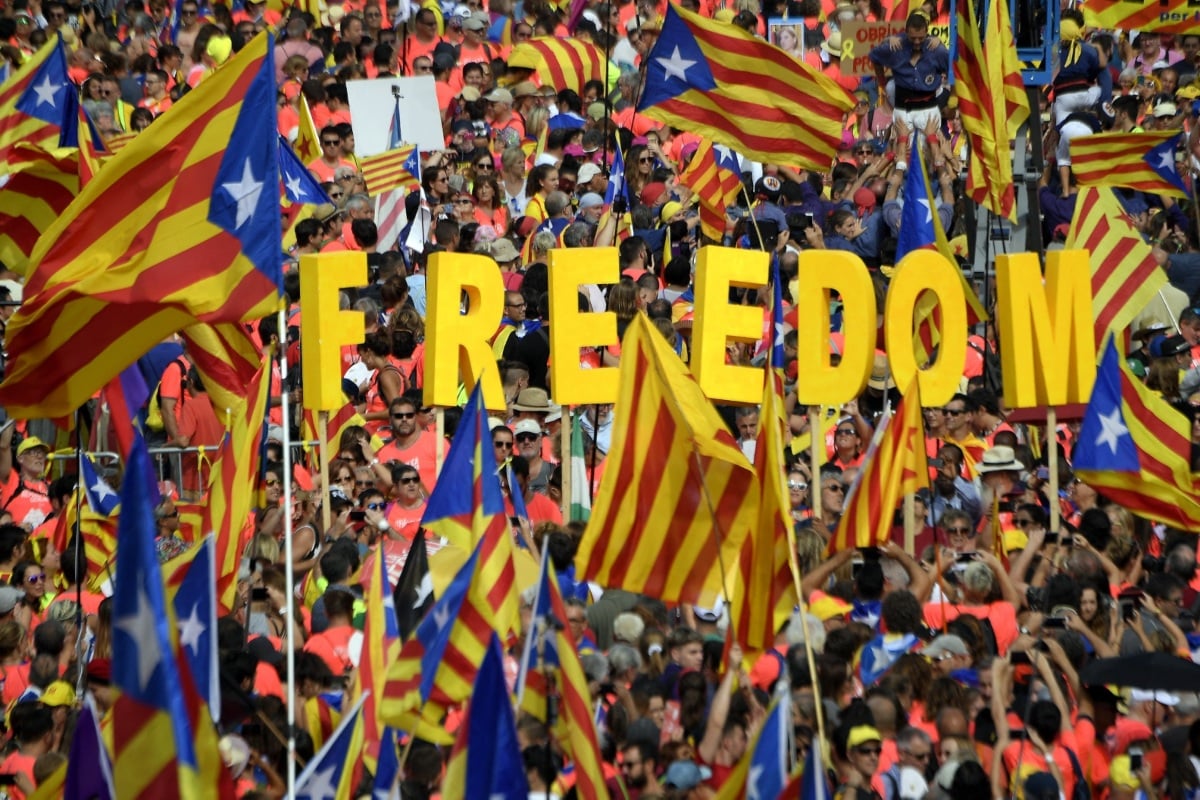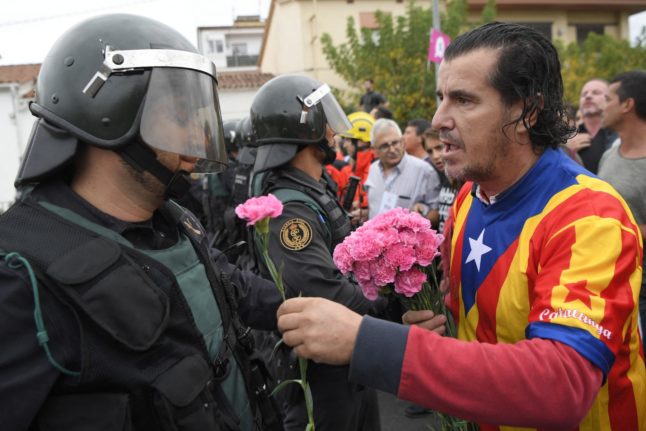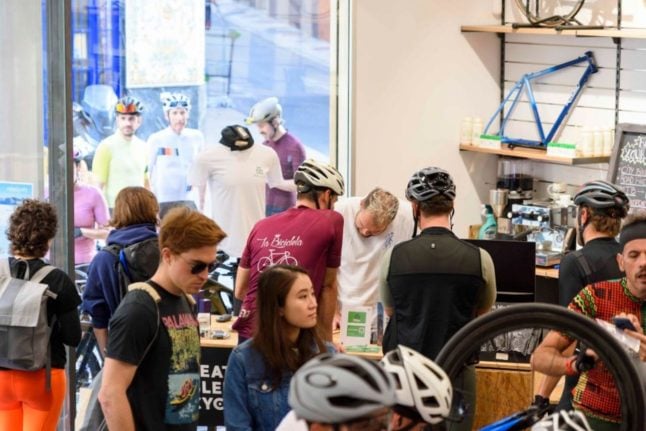Independence attempt
Catalonia made international headlines when its regional government pushed ahead with an independence referendum on October 1st, 2017 despite a ban by Spanish courts.
The regional parliament then unilaterally declared Catalonia’s independence, prompting Spain’s worst political crisis in decades.
The central government responded by dismissing the regional government and imposing direct rule from Madrid.
Catalonia’s leaders were either arrested or fled abroad, as was the case with regional leader Carles Puigdemont, who has been living in self-imposed exile in Belgium ever since.
Socialist Prime Minister Pedro Sánchez who took office the following year, has sought to defuse separatist tensions, with his left-wing government holding onto power thanks to the key support of Catalonia’s pro-independence parties.
In exchange, they have demanded an amnesty for separatists still wanted over the 2017 crisis, which should get final approval in the coming weeks, paving the way for Puigdemont’s return to Spain.
READ ALSO:
Separatists in power
For over a decade, Catalonia has been governed by parties which back independence for the region.
In 2010, Artur Mas – Catalonia’s conservative nationalist leader at the time – made a shift towards independence, mirroring a growing sentiment among the population.
At the time, Spain was in the throes of a financial crisis that was fuelling anger over austerity measures.
He was succeeded by Puigdemont in January 2016 who went on to lead the failed secession bid the following year.
Since then separatists parties have maintained a majority in Catalonia’s 135-seat parliament. During the last elections in 2021, they won 74 seats.
But deep divisions within the pro-independence movement led Puigdemont’s hardline JxCat to quit the ruling coalition in October 2022, leaving its more moderate separatist rival, ERC, in power.
The separatist picture has been further complicated by the emergence in recent months of a new far-right formation, Catalan Alliance, which is seen winning 3.0 percent of the vote on Sunday.
READ ALSO:
- Judge in Spain extends probe into Catalan separatist’s ‘Russia ties’
- Who will win Catalonia’s regional elections?

Autonomy
Under Spain’s highly decentralised system of power, Catalonia is one of the country’s 17 regions with the greatest amount of autonomy.
Home to some eight million people, the region is responsible for health care and education, has its own police force — the Mossos d’Esquadra — and recently obtained control over rail transportation.
As part of the agreement with separatist parties to return Sanchez to power in November, his government has promised “measures to enable” Catalonia’s “fiscal autonomy”.
Puigdemont’s JxCat party had demanded Madrid hand over “100 percent of the taxes” paid in the region.
READ ALSO: Is Catalonia slowly becoming independent on the sly?
Economic engine
Catalonia is Spain’s second richest region, accounting for 19 percent of the country’s gross domestic product. Formerly the most wealthy region, it was overtaken by Madrid after the 2017 secession attempt.
Home to major firms such as fashion retailer Mango and mobile phone tower operator Cellnext, Catalonia is by far Spain’s biggest source of exports, accounting for 26.1 percent of the national total.
An industrial hub, its unemployment rate stands at 10.4 percent, compared with the national average of 12.3 percent.
READ ALSO: Why are the Basque Country and Catalonia so rich compared to the rest of Spain?
Language
While Catalan and Spanish are both official languages, the majority of education is provided in Catalan, which is also the language used by the region’s public administration.
According to the regional government, 29.2 percent of inhabitants speak Catalan as their mother tongue, while 86.8 percent had a good understanding of the language.
READ ALSO: EU States reluctant to add Catalan as official language



 Please whitelist us to continue reading.
Please whitelist us to continue reading.
Member comments